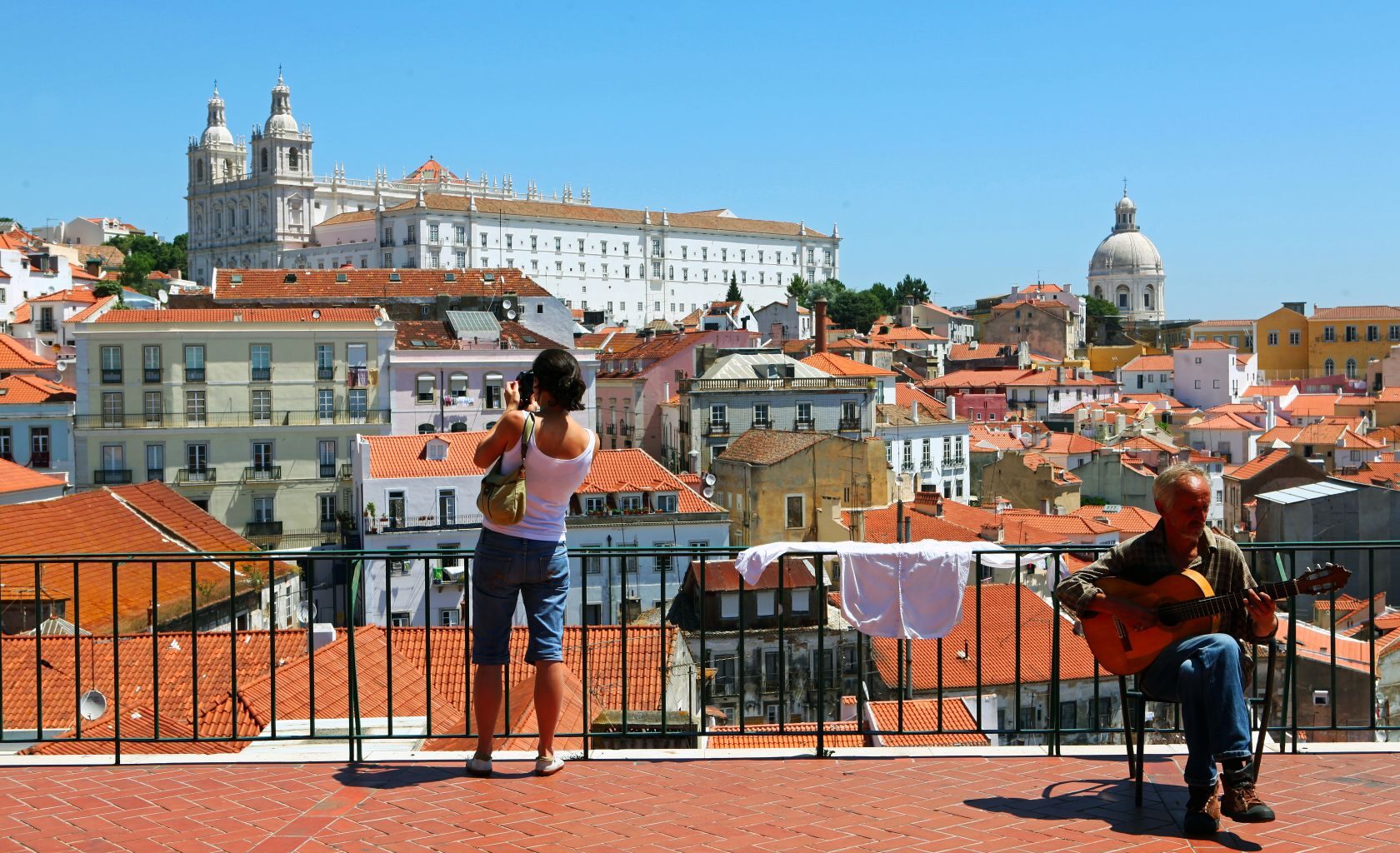The president of the Portuguese Hotel Association (AHP), Bernardo Trindade, highlighted to Lusa the continued fundamental role of tourism in the national economy.
“Tourism continues to contribute to the country’s economic growth, with increased revenue and job creation, and is the main instrument of economic and social cohesion,” he said.
However, he warns that sustainable growth in the sector requires investment in key infrastructure, such as the new Lisbon airport, and policies that promote professional qualifications and an increase in the average stay of foreign tourists in the country.
“All of this is needed so that in 2025 and the coming years, we can see this economic activity provide the response the country needs for economic and social growth”.
Ana Jacinto, secretary general of AHRESP – the Portuguese Hotel, Restaurant, and Similar Association, emphasises the growing importance of tourism for the economy, job creation, and Portugal’s international visibility, but admits concerns, particularly regarding the restaurant industry.
The 2025 data, she notes, confirms the dynamism of tourism, with record numbers of guests, overnight stays, and revenue, which she considers “evidently a source of pride,” and therefore considers “the overall balance positive.”
Slowing growth
“However, this growth is slowing, there are changes in the tourist profile, and several challenges that have not yet been fully resolved, especially regarding the restaurant sector located in territories with fewer tourist flows,” she said.
Cost pressure, persistent inflation, and the burdens inherited from the pandemic are exacerbating the situation.
“It’s important to remember that companies continue to repay loans taken out during the pandemic while simultaneously dealing with price instability and rising raw material inflation,” she said, citing August as an example, when unprocessed food products saw inflation of 7%, “accumulating seven consecutive months of high prices, with significant increases, leaving margins increasingly thin.”
The head of AHRESP emphasises, therefore, that this is “a time that demands urgent measures to improve competitiveness and support, so that companies can invest, create value, and maintain the vital role they play in the economy and tourism.”
United States
Considering data up to July 2025, “it can be seen that the United States has become the third largest international market, surpassing Spain, which traditionally held that position. This evolution requires Portuguese companies to quickly adapt to new demands and consumption patterns. However, the business community is mostly composed of microenterprises that do not have the financial capacity to modernise or retrain on their own,” she explains.
Both leaders agree, therefore, that growth must be accompanied by responses.
“We must ensure that growth reaches people, communities, and businesses,” emphasizes Ana Jacinto, who advocates a strategy based on three pillars: valuing people, capitalizing businesses, and supporting affordable housing for those working in the sector.
Sustainability, Ana Jacinto emphasizes, “lies in making each community feel like a winner and seeing that tourism is an opportunity for the future, not just a statistic.”

